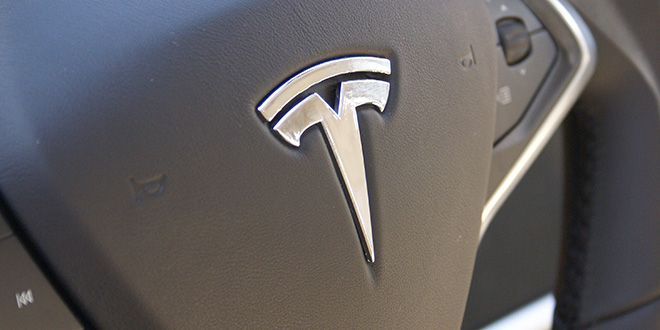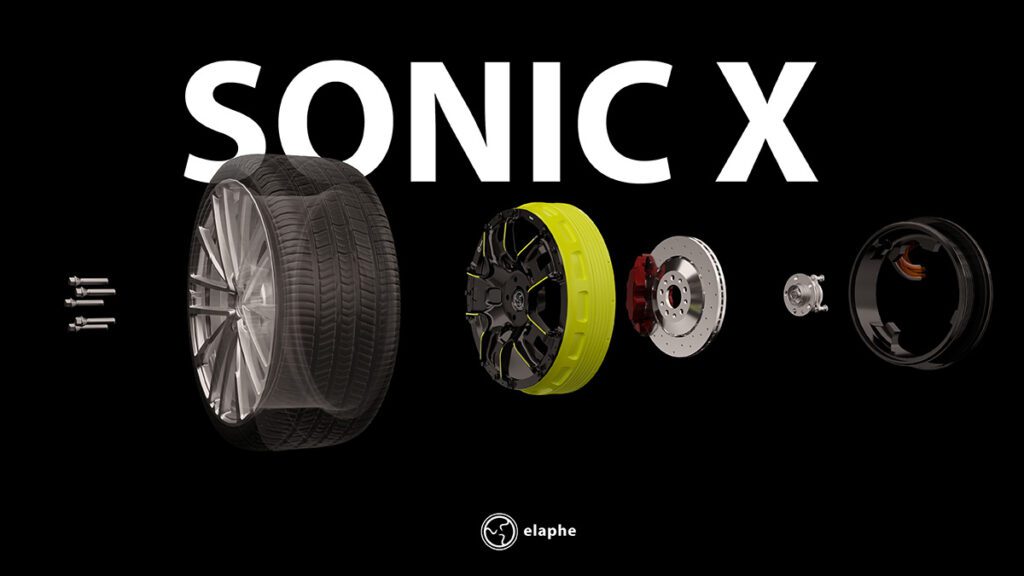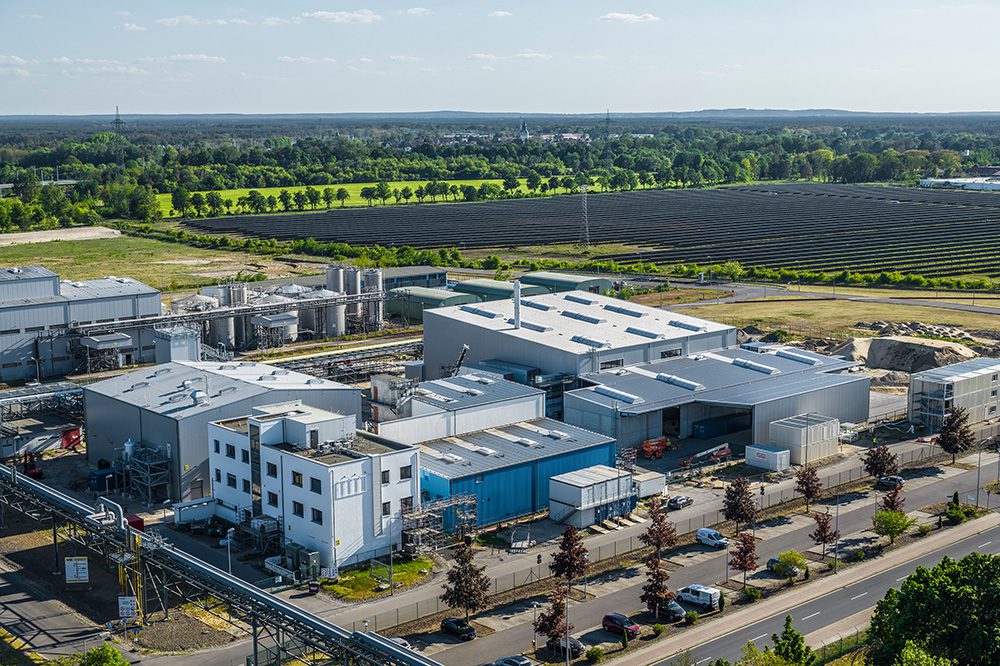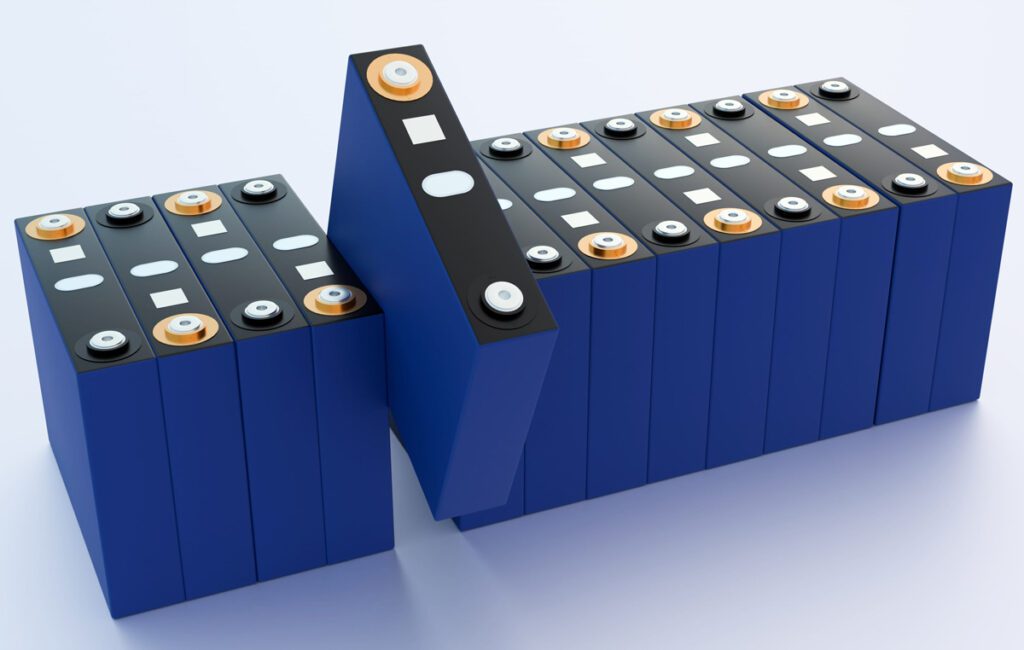Along with every other automaker, Tesla spends a lot of time thinking about China, where a rising middle class is buying more cars and the government is strongly promoting EVs. However, doing business in the Middle Kingdom is not always easy for Western firms.
Although Tesla’s Q3 2015 Chinese sales figure of 3,025 vehicles was its strongest to date, Elon Musk told the Nikkei Asian Review that the company has lowered its China sales target for the year to 5,000 units.
Meanwhile, local competitor BYD delivered 5,749 “new energy vehicles” in China in September 2015 alone. BYD sold 61,722 plug-ins last year, making it the world’s top-selling EV-maker.
“We are still doing reasonably well in mainland China, but we do face quite [a] high import duty, and we do not yet have access to local incentives,” said Musk at a recent event in Hong Kong. “The obstacle for our cars in mainland China is much greater than it would be, actually, anywhere in the world.”
Establishing a local manufacturing plant could eliminate many of these obstacles. Musk told Engadget that he hopes to finalize plans for a Chinese Tesla factory by the middle of this year.
In Hong Kong, things are much rosier – last year Tesla sold 2,221 Model S in the autonomous territory, over 80 percent of the local EV market. Hong Kong has seen explosive growth in EV registrations, which Musk attributes to “excellent government policies” that are more EV-friendly than those in Mainland China. Musk confirmed that the Model X is scheduled to go on sale in the city in the second half of this year.
Sources: Green Car Congress, Nikkei Asian Review, Engadget



















































































